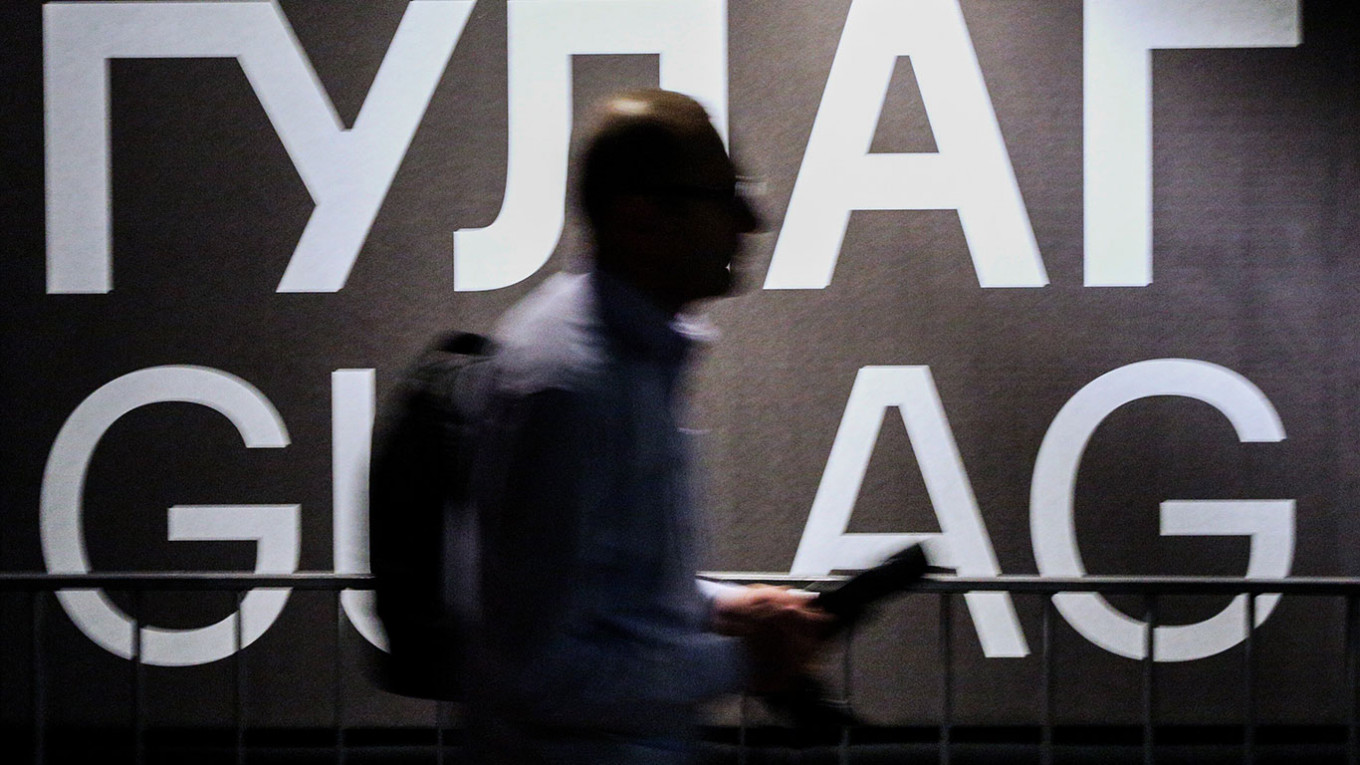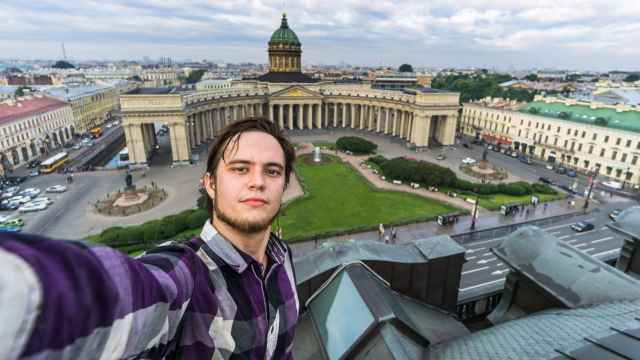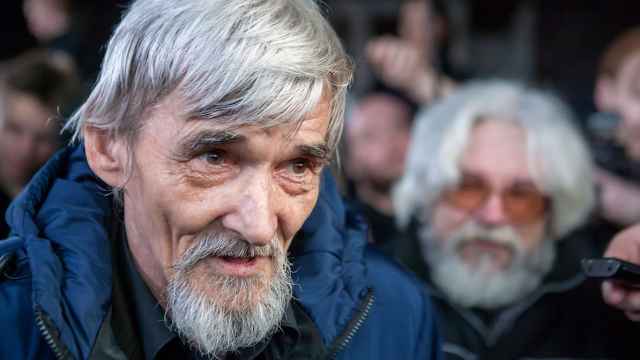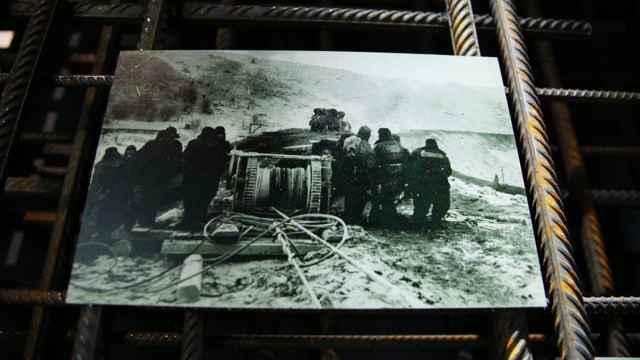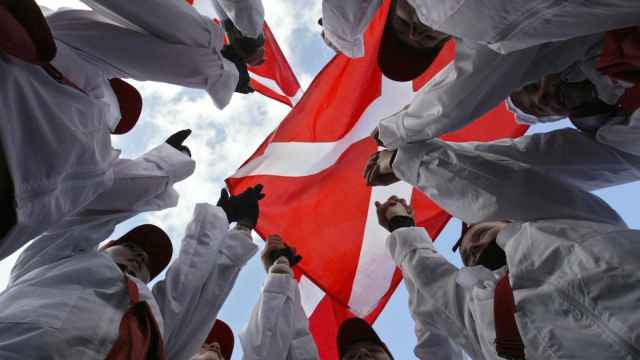Russia’s Supreme Court will not hear the case of the surviving descendants of Stalin-era Gulag prisoners fighting for state compensation, according to a court database spotted by Russian media Tuesday.
The dwindling group of so-called “Gulag Children” filed a class action lawsuit against Russia’s lower house of parliament, the State Duma, last week to demand the housing that is guaranteed to them under Russian law.
But a file on the Russian Supreme Court’s website stated that it “refused” to take up the group’s case and returned it to the clerical office on Monday.
The file did not provide the reasoning for the decision.
The Mozhem Obyasnit’ Telegram messaging app news channel, which first reported the news, said it was not yet clear what motivated the Supreme Court to refuse the “Gulag Children” case.
Russia’s leading rights group Memorial, which represents the plaintiffs, said it plans to appeal the Supreme Court’s refusal.
“The Gulag Children’s lawsuit is not a one-time action, but part of our big campaign for their right to return home,” Memorial lawyer Grigory Vaypan told the independent Novaya Gazeta newspaper.
“We’ll use all our available means so that people can return and get housing,” Vaypan said.
In 1991, as the U.S.S.R. collapsed, the Soviet government passed a law acknowledging for the first time all victims of Stalin-era repressions and allowing them to claim compensation for their confiscated homes.
After decades of shifting responsibility and the authorities’ non-committal attitude to compensation, Russia’s Constitutional Court issued a surprise ruling in 2019 upholding the right to prioritized housing applications for three “Gulag Children.”
That ruling sparked a rare legislative battle in the State Duma, with a group of cross-party lawmakers sponsoring a set of amendments to the government’s cosmetic bill that would uphold the Constitutional Court ruling by fast-tracking housing claims for the victims’ descendants.
Vaypan told Novaya Gazeta that Memorial wrote to State Duma chairman Vyacheslav Volodin last week seeking a public revision of the housing bill.
“These procedures include creating a task force in the relevant committee and holding parliamentary hearings, round tables and committee meetings,” the lawyer said.
A Message from The Moscow Times:
Dear readers,
We are facing unprecedented challenges. Russia's Prosecutor General's Office has designated The Moscow Times as an "undesirable" organization, criminalizing our work and putting our staff at risk of prosecution. This follows our earlier unjust labeling as a "foreign agent."
These actions are direct attempts to silence independent journalism in Russia. The authorities claim our work "discredits the decisions of the Russian leadership." We see things differently: we strive to provide accurate, unbiased reporting on Russia.
We, the journalists of The Moscow Times, refuse to be silenced. But to continue our work, we need your help.
Your support, no matter how small, makes a world of difference. If you can, please support us monthly starting from just $2. It's quick to set up, and every contribution makes a significant impact.
By supporting The Moscow Times, you're defending open, independent journalism in the face of repression. Thank you for standing with us.
Remind me later.


